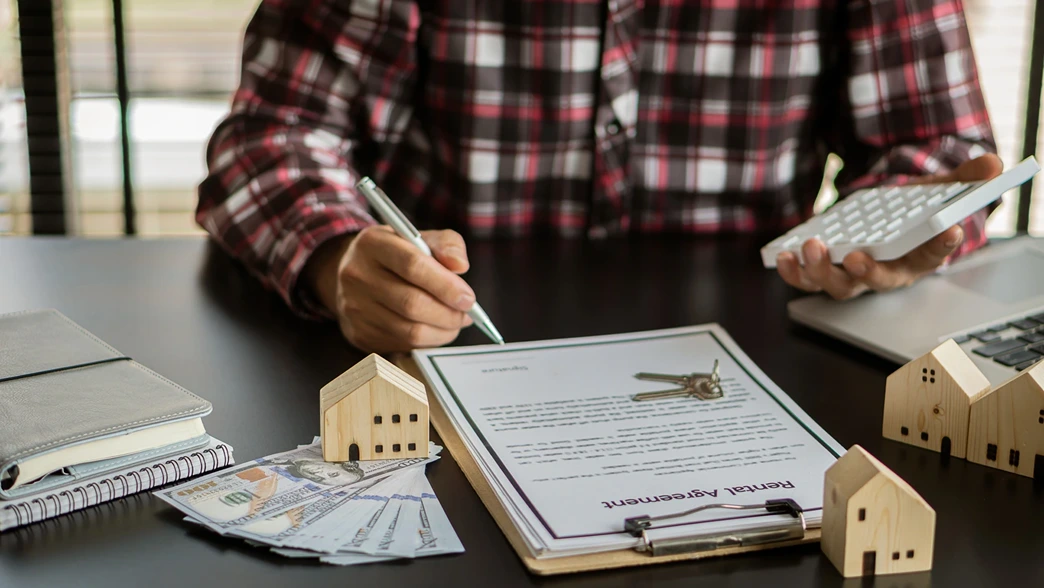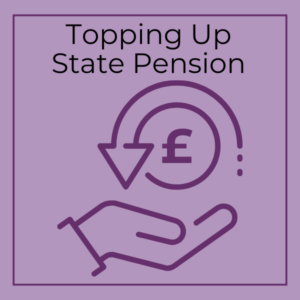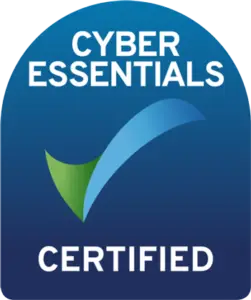It’s becoming increasingly complicated to be a landlord. Legislation covering every aspect of the business is continually streaming from Westminster and equally rapidly being updated; the Renters (Reform) Bill which is currently passing through Parliament will bring a number of major changes, such as the abolition of Section 21 ‘no-fault’ evictions.
It seems that you need to be an expert on law, property maintenance, health and safety, energy efficiency, and last but by no means least, you need to have a very detailed grasp of the finances. All these apply whether your portfolio contains one property or fifty.
If you are embarking on a rental property venture, how should you go about ensuring your bookkeeping is sufficiently thorough to pass muster by HMRC, while maximising your profit? Here are our six top tips for bookkeeping brilliance for landlords.

1. Keep the financial information for your properties separate
It may seem more complicated, but in the long run it’s much more time-efficient to keep separate records for each property you own. It will enable you to have an instant review of each one and to have at your fingertips the information you might need should you receive an enquiry from HMRC. It also makes it easier to calculate income tax, or capital gains tax if you decide to sell the property.
2. Make a note of every expense related to a particular property
You will be able to reduce your tax bill by deducting the cost of many expenses you will incur when preparing a property for renting out and during the rental period, so it’s worth keeping a close tally of what these are. Expenses which a landlord can claim for include:
- Utility charges such as gas and water
- Insurance
- Cost of advertising for new tenants
- Service charges
- Ground rents
- Fees for letting agents
- Cost of regulatory checks such as gas safety
These expenses must relate specifically to the property, so be sure to keep your personal utility bills completely separate! In the event of you letting your house for only a certain amount of time per year, you must split expenses so that you only claim back anything that covers the rental period.
3. Make use of bookkeeping software
It is, of course, perfectly possible to keep your records on paper, but there are a number of software packages, such as Sage or Xero, which can make your life as a busy landlord a great deal easier, particularly with HMRC’s Making Tax Digital initiative. You can produce reports showing your rental income, tax bills, expenses, cash flow and profitability, and keep everything together to make your annual self-assessment tax return a much easier process. HMRC has highly developed tracking tools to find landlords who aren’t paying enough tax, and you don’t want to risk a fine for non-compliance because your record-keeping has been inefficient.
4. Don’t delete financial records once you’ve declared them
Once you’ve filed your self-assessment tax return, you should keep the records for at least 22 months after the end of the tax year to which they relate. However, landlords are advised to keep records for at least six years. If an error has been made, however innocent, HMRC might want to make a thorough investigation, and can access the electoral roll, letting agents, the Land Registry and other rental platforms to follow up queries. If you have everything to hand it will save a huge amount of time and stress.
5. Set aside time every month to reconcile your books and update your records
If you read our blogs regularly, you’ll know that we’re always emphasising the need to put aside time for bookkeeping. Make it an unbreakable routine to catch up once a week. Keep receipts, note dates for property repairs and rental periods, and keep track of utility bills. If at some stage you plan to extend your property portfolio, a lender for a buy-to-let mortgage will want to find out whether you run a tight ship. Keeping on top of the books will save you hours in the long run.
6. Consider using a professional bookkeeper
The life of a landlord, whether it’s as an AirBnB host or the owner of a collection of student houses, can be challenging and complicated, with continual changes in the tax law and a permanent balancing act between arranging a replacement boiler, dealing with tenants, and negotiating insurance. A professional bookkeeper can take the financial side off your shoulders and give you the reassurance of knowing everything is up to date and correct.
Here at AMR Bookkeeping Solutions, we work with many landlords, from owners of a single property to those who have a substantial number. We aim to make a landlord’s life as simple as possible; we’d love to help you maximise your property income. If you’d like to build a relationship with our friendly and expert team, why not call 01892 559480 or contact us through our website.










